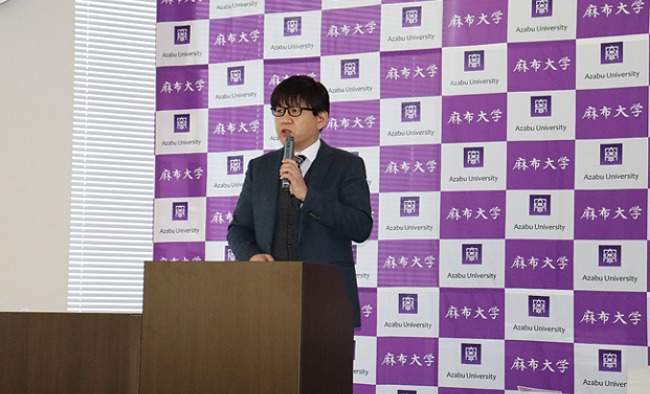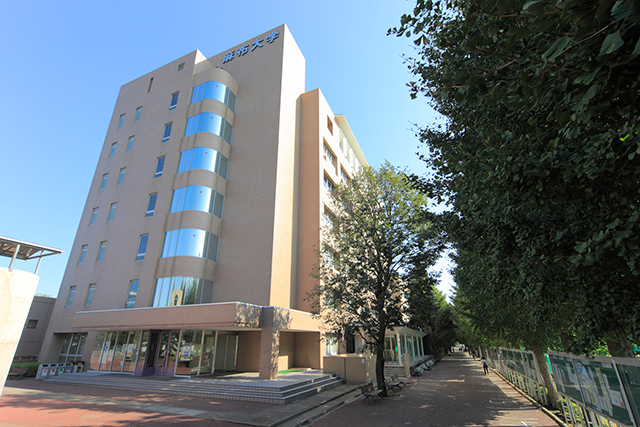
First, regarding reform XNUMX: "Expansion of first-year education and career education," the introduction of "HACCP administrator research curriculum" and "food information field" and promotion of "future symbiotic science x SDGs", etc. Develop a new educational program that takes advantage of its characteristics.In addition to the national examination qualifications, we will create an environment where you can acquire qualifications beyond the boundaries of faculties and departments for various qualifications related to food, environment, animals, etc., and strengthen support for career development after graduation. Will be.
Next, in Reform 50: "Designing a study schedule with plenty of space", the lessons of 15 basic credits, 14 minutes per day, were shortened from "XNUMX times" for half a year to "XNUMX times". In addition to doing so, the retest period (about one week before and after) will be abolished.This will increase the summer and winter holidays by XNUMX-XNUMX weeks and encourage students to participate in long-term internships, extracurricular activities, and research activities.
Reform 5: Regarding "promotion of education open to the public," strengthening recurrent education, such as holding an "education seminar from Azabu University" in response to the growing social situation in which the need for re-education of working adults is increasing. Promote expansion. There were also reports on graduates of HACCP system administrator training research, acceptance of attendance by working adults, and implementation of HACCP training overseas.
At the same time, in order to prevent the spread of the new coronavirus infection and develop new education that meets the wishes of students, Google ™ "G Suite Enterprise for Education" was introduced for the first time at universities nationwide. There were also presentations on "improvement of the educational system in the corona era" such as the case studies and the implementation of online lessons.
Following the introduction of "Azabu Future Project 130", Professor Ken Murakami, a director of the Azabu Veterinary School and the director of the Faculty of Veterinary Medicine, and Kikusui, the director of the Center for Symbiotic Science of Humans and Animals, Department of Applied Animal Science, Faculty of Veterinary Medicine. This is an explanation by Professor Takefumi about Azabu University's efforts for "human resources development projects that support a knowledge-intensive society."
This project has the ability to flexibly respond to new changes and developments in society and academia in the future, while realizing the on-campus formation of a system that creates a cycle of improvement across the entire university toward the Society 5.0 era. The Ministry of Education, Culture, Sports, Science and Technology (MEXT) has conducted a public offering since June 2020 with the aim of fostering human resources who are equipped with the above.
Of the two types of educational programs recruited, Azabu University applied to provide students with particularly excellent qualifications in a particular field with a higher level of educational opportunities from an early stage, further expanding their talents. By studying, we will build a curriculum that trains human resources who will lead Japan in a knowledge-intensive society, and in the "Menu II Educational Program to Pull Out the Pile" for programs that will be disseminated and deployed within the university and at other universities. be.At this briefing session, the "Animal Symbiosis Science Generalist Training Program", which was adopted for this project in November of the same year, was introduced.

